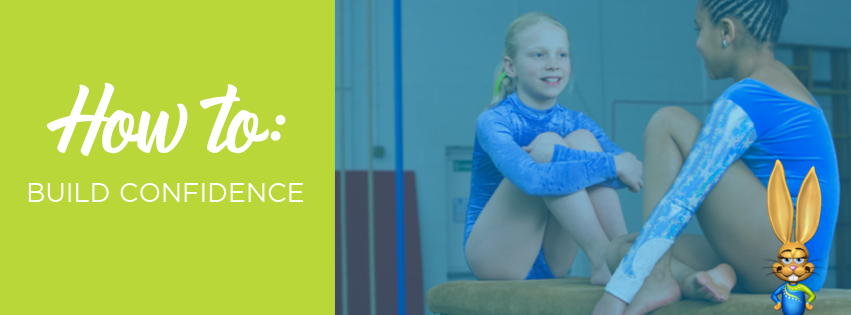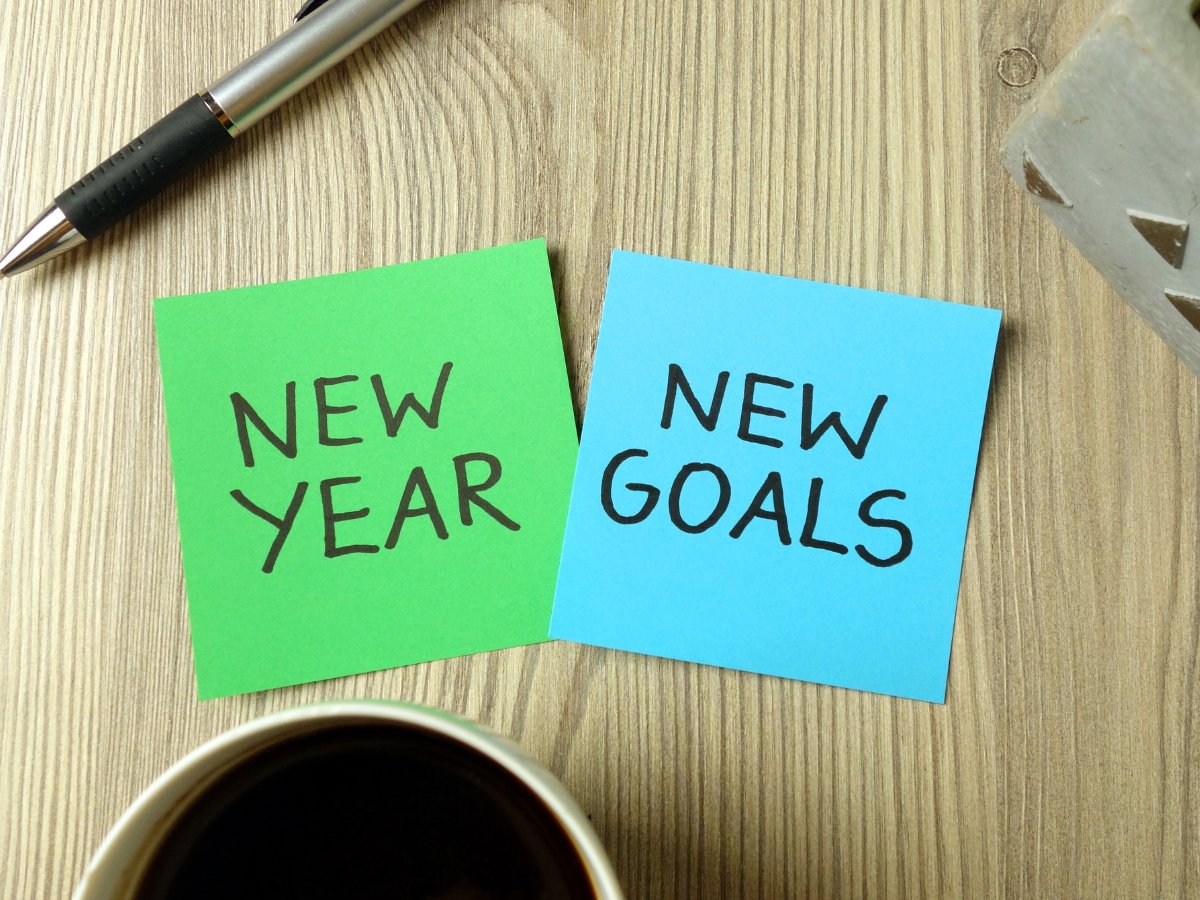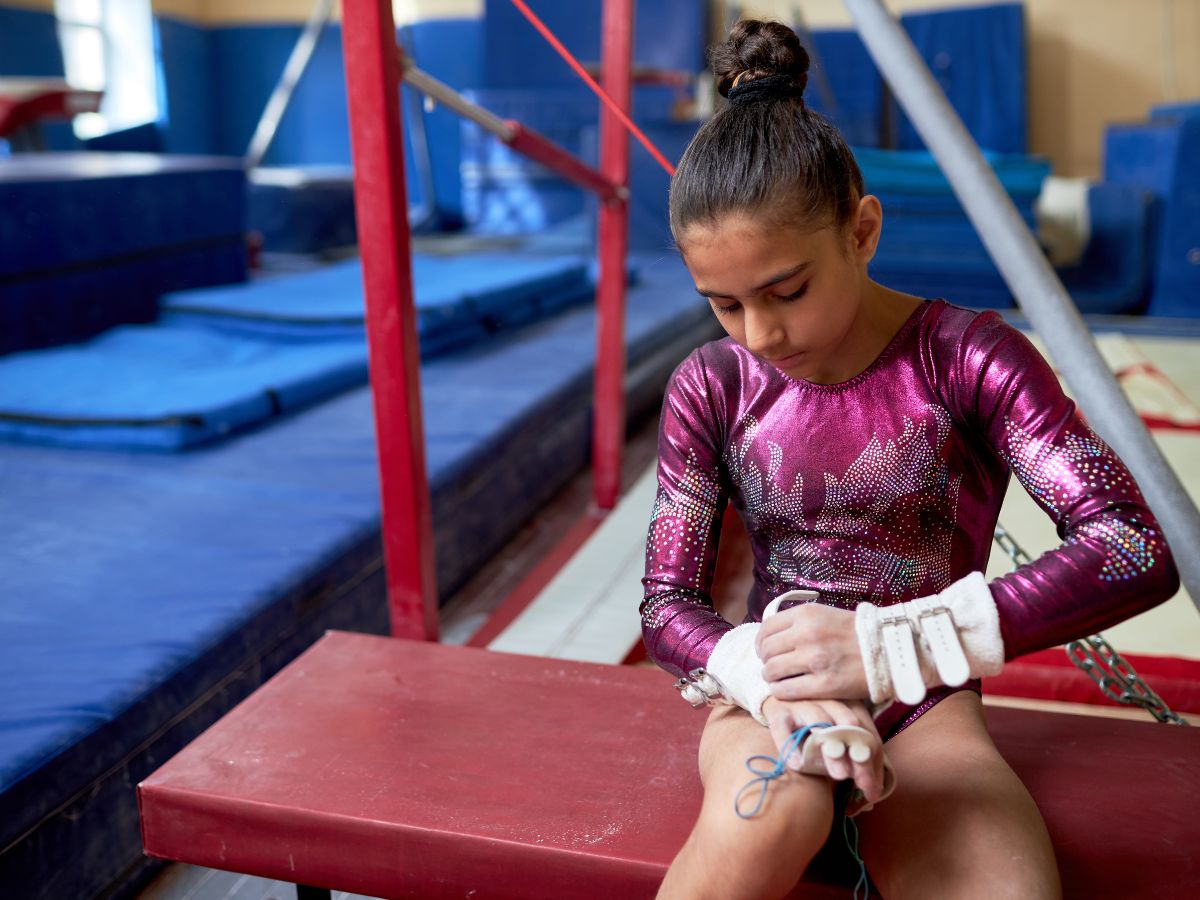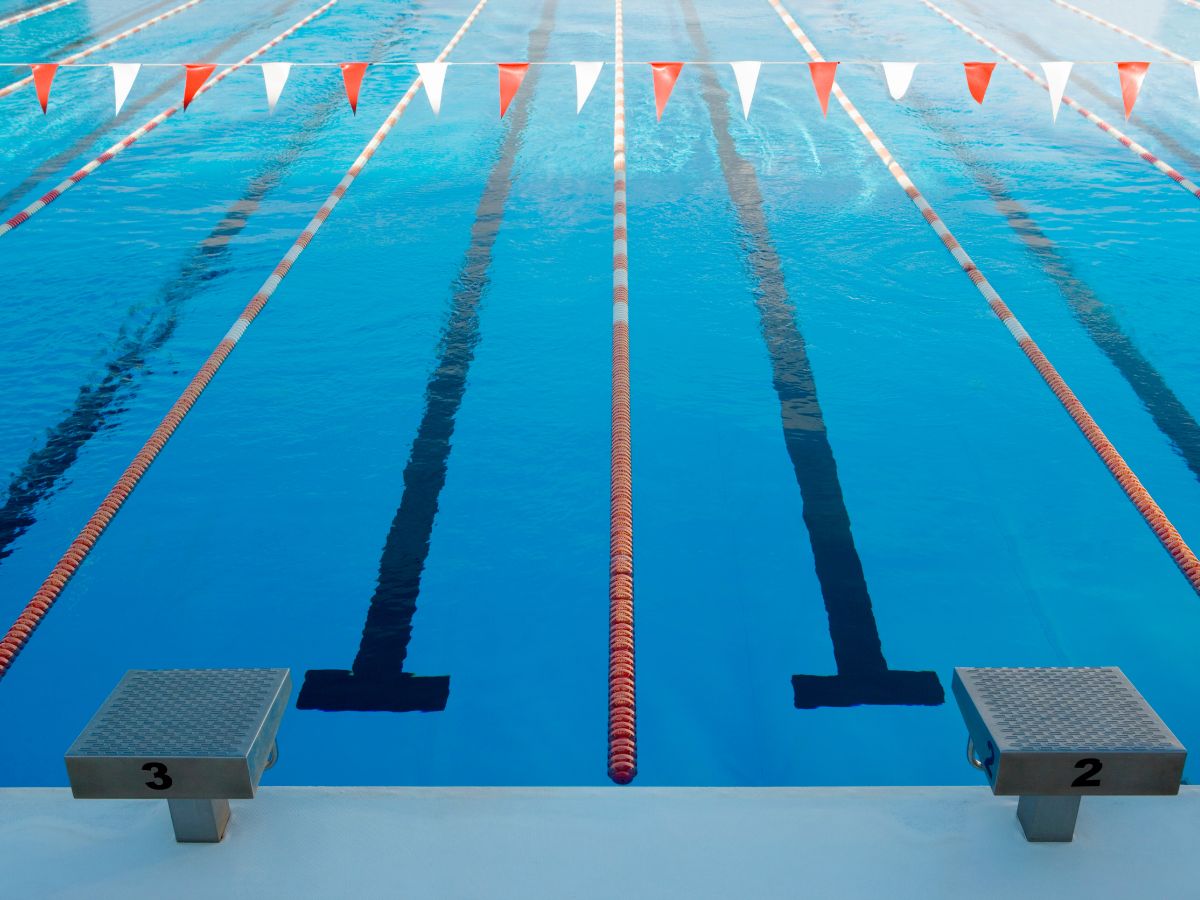Students can be talented at a sport and still not excel if they lack confidence.
A lack of confidence in gymnastics can be frustrating and concerning. It’s difficult to see an athlete who has great talent be unable to compete at their full ability due to low confidence or fear of failure. Not only is it frustrating, it can even be dangerous and leave you looking for tips from team members on helping your gymnast develop confidence.
The confidence building “team” includes coaches, parents/family and teammates (or classmates).
Developing confidence in young athletes
Confidence requires coaching. But what is confidence – really?
Confidence is the sum of all the positive and negative input and experiences in the gymnast’s life that he or she relates (consciously or subconsciously) to performance. The gymnast must be able to control mental state, banishing negative mental images and reinforcing positive ones.
“Coaching” isn’t just about physical development but includes helping gymnasts build the confidence they need to win in the face of competitive pressures, which are often much higher in gymnastics than in other sports.
So when confidence is waning or lacking, what can you do?
First, find the reason for low (or no) confidence. If you don’ t know how to identify the underlying issue, here are some good questions to ask about your gymnast:
- Is there fear of injury?
- Or fear of failure?
- Or fear of letting someone down?
- Do they have too much pressure to perform perfectly?
- Is the lack of confidence associated with other aspects in their life, or specifically to gymnastics?
Second, identify the solution that is the source of the athlete’s lack of confidence.
A recent fall on an apparatus when doing a skill might lead to fear of another fall, or the fear of experiencing pain or injury. There could also be the fear of letting someone down, and this fear could relate to several members of the confidence building “team”.
15 factors that impact athlete’s confidence
What can be done to improve confidence? Look to these factors that impact the athlete’s confidence development process.
#1 – The “Team” Needs to Work to Build Each Gymnasts Confidence
To build a gymnast’s confidence to the maximum degree, the entire “team” must be positively participating in programming gymnast confidence.
Giving each other pats on the back, hugs, high-fives and thumbs ups is an important part of being the ‘team.’ As they compete to build points for a team win, knowing their teammates are supporting them from the sidelines gives each gymnast the boost that will make that tumbling run a little cleaner and higher and that landing a little easier to stick.
Even with individual competitions, the word team is critical to an athlete’s confidence. Remember how the entire team USA cheered Simone Biles on? They all high-fived her and hugged her for doing her best. Every team member was supported in exactly the same way. It’s what teams do.
#2 – The Gym is a Mirror for Gymnasts
Gymnasts see themselves in the reflection of their gym environment. Each gym has its own unique reflection. To a great extent, a gymnast’s self-image is a result of the positive or negative responses of others around them in the gym.
This positive environment is like rich soil to a seed in giving it a good place to grow.
#3 – Parents Present a Mirror for Their Gymnast
The most important thing parents can provide for their gymnasts is unconditional love. This means that the gymnast knows that their parents love is not dependent on their gymnastics performance. So they’re loved even if they don’t place 1st or the team doesn’t win the gymnastics meet.
If a gymnast does believe they literally have to win their parent’s love, they are missing a basic, solid foundation of support. This is the parent’s failure not the child’s. This foundation is what enables the athlete to go out on the floor, mount the beam or parallel bars or execute that vault with their head held high and a feeling that they can do their best.
#4 – Team Status in the Gym
To some degree, gym owners can positively or negatively affect the confidence of their team’s gymnasts. The status of the team and the members of the team in the gym is communicated rather effectively, either in a negative or a positive manner by some decisions that the gym owner makes. Gym owner decisions reflect how much value he places on what the team does and how well they do it. Decisions such as:
- Equipment priority – How much equipment and area of the gym is available for team use during their practice times? Does the team have all the latest training equipment and stations to allow them equal training footing with the other gymnasts against whom they compete?
- Team visibility in the gym – Are team pictures or posters, meet results, trophies, awards and other visible evidence of team status posted prominently in the gym? Do they have a team V.I.P. status in the gym? This shows how much the owner cares and has confidence in them.
- Training time – Are team gymnasts given the maximum amount of training time that is competitively necessary and beneficial for their success or is less time given with financial or other reasons used as an excuse?
#5 – One on One Time with Gymnasts
Parents should make sure that they spend one on one time with their gymnast – even if they have several children that are involved in several sports. They must spend time focusing solely on their gymnast’s needs, performance, struggles, achievements – whatever the sport brings them. This makes the child feel valued by the parent(s).
A coach and trainer’s one-on-one time is important to the gymnast’s confidence development. This helps to show respect and establishes a valued relationship with the gymnast and conveys a very positive, supportive atmosphere in the gym.
#6 – Training Team Members to Build Up the Confidence of Their Teammates
Coaches and instructors can also contribute to the atmosphere in the gym and the confidence that is felt across the team by “coaching” all their gymnasts in the importance of positive reinforcement with each other. Congratulating, encouraging, celebrating and even commiserating with their teammates builds a similar respect and valued relationship as the coach does with each individual gymnast.
Consistency with doing this is probably the most critical key in making sure each team member or classmate should always get up, greet, congratulate, celebrate and occasionally commiserate with other gymnasts. They can do this in their own way with high fives, hugs, hand shakes … but do it consistently with everyone all of the time. This is common practice with collegiate teams but rare in age group gymnastics programs. The repetition of this reinforcement during performances, meets, and practice – regardless of age – is a huge confidence builder.
#7 – Team Building
It’s important to have team building activities that encourage positivity among team members.
There is a team building activity that is usually done once or twice per year where the members of a team pass around a sheet of paper with each gymnast’s name on it. As it comes to them, each gymnast writes something that they appreciate about that person. The positive effects of this activity can be life altering and last a lifetime.
Imagine what could be done if coaches/instructors and gymnasts were to verbally do that same thing – tell their teammates/classmates what they appreciate about them or what they have done – every day in practice. One of the most awesome results could be soaring confidence, team bonding and unity!
#8 – The Gym Where Everyone Knows Your Name
Knowing everyone’s name applies to everyone: coaches, instructors, staff, teammates – even owners. First name, last name, nickname, parent’s names. Their self-image improves when they’re called by name – and so does their confidence.
#9 – Coaches and Instructors Must Pay Attention and Show an Interest in Their Gymnast’s Life Outside the Gym
Self-image and confidence also soars when their coaches and instructors know little details about their lives outside of gymnastics. Why? This shows that the coach or instructor is interested in who they are and what they’re all about. Coaches and instructors who shares such details with their students about themselves develop a relationship that is solidified by sharing. (Sharing shows that the other person is important, trusted and respected.)
#10 – Celebrate What Your Gymnasts Do Right
Positive coaching is not just a scientifically valid training system, it is a system for developing great gymnasts. Behaviors that are reinforced by praise tend to be repeated. By reinforcing behaviors, skills, traits, attitudes and positivity, gymnasts will repeat those behaviors – and they will be the gymnasts you want them to be.
Criticism (which is predominantly negative) is actually more popular, as a coaching pattern, because it seems to deliver good results and improvements quickly. But it only works in the short-term. Over the long-term, the negative tone of criticism tilts the gymnast’s subconscious balance in a negative direction. The result is a gymnast who has lost positivity and is less confident.
All negative communication – regardless of who it comes from and whether it’s verbal or body language – has some degree of negative impact on the gymnast.
#11 – Positive Coaching
In the long run, real gymnastics confidence is best built by positive reinforcement. Positive conditioning is well-researched, well proven psychological tool for modifying athletes’ behavior in a specific direction. It is, unfortunately, easier and more common for coaches/instructors to point out gymnasts’ mistakes than to celebrate what they’re doing right.
Praising gymnasts, means that coaches and instructors can select those things about their gymnastic habits and performance that are good and the ones that they should keep and build upon.
From a coach, these things build confidence:
- Acting and speaking in a positive manner
- Building up gymnasts by praising what they do well
- Recognizing when they make a good effort
- Rewarding their good behavior
- Complimenting their good performances
Using these coaching techniques will inspire gymnasts to make faster progress and have more confidence.
#12 – Freedom to Make Mistakes
If you think about it, negative coaching puts emphasis on what you don’t want your gymnast to keep and build upon. Negativity can cause a gymnast to become frozen – afraid to move for fear of making a mistake that their coach will recognize and criticize.
Gymnasts confidence depends on knowing that they’re allowed to make mistakes and that making mistakes is a normal part of the learning process. Of course, gymnasts need to avoid repeating mistakes, but progress can only result from changes that the gymnasts must feel free to make.
#13 – Understanding Their True Place in the World and In the Sport
The best gymnasts in the world are on a gymnastics team somewhere. Just by virtue of having made the team or being chosen to be on the team, puts team gymnasts in the top one percent of all gymnasts. Coaches should make sure their gymnasts understand how special they are! They are talented enough to make a gymnastics team. Additional gymnastics awards and accolades simply make them more special. Knowing their true position in the sport should be another confidence builder for any gymnast.
#14 – Coaches Who Accept Responsibility
Coaches who take responsibility for their gymnasts’ performance – and for the program that has produced them – are highly respected and have successful programs. Maintaining positivity regardless of team performance is critical. There should be no placing blame.
All programs have sub-par performances as do individual gymnasts. No one, no program is perfect. A coach who places blame loses respect and trust of his gymnasts and deflates their confidence in themselves, their team and the program.
#15 – Positive Expectations
Young children – including gymnasts – will rise or fall to the level of expectations that their instructors hold them to. Coaches who expect great things can expect great results. Rome say that setting low expectations prevents disappointment. However, the lower the bar, the lower the self-image that your gymnasts will perceive of themselves. High expectations show them that they are highly valued and respected. That builds confidence. And, by the way, it’s important for all children to learn to deal with disappointment.
Confidence without Boasting
Being the resource for young athletes is important when they encounter fear and self-doubt. If they have a comfort zone with their resource, it will help them through their fear and self-doubt in a healthy way. Communication also provides the opportunity to encourage pride in them. Being humble has its place, but it’s also healthy to be proud of the accomplishments that come from working hard, mastering skills and having confidence in blessings of talent bestowed. Coaches and instructors can have a powerful role in helping young gymnasts to express these things without being boastful or dismissive of the others.







